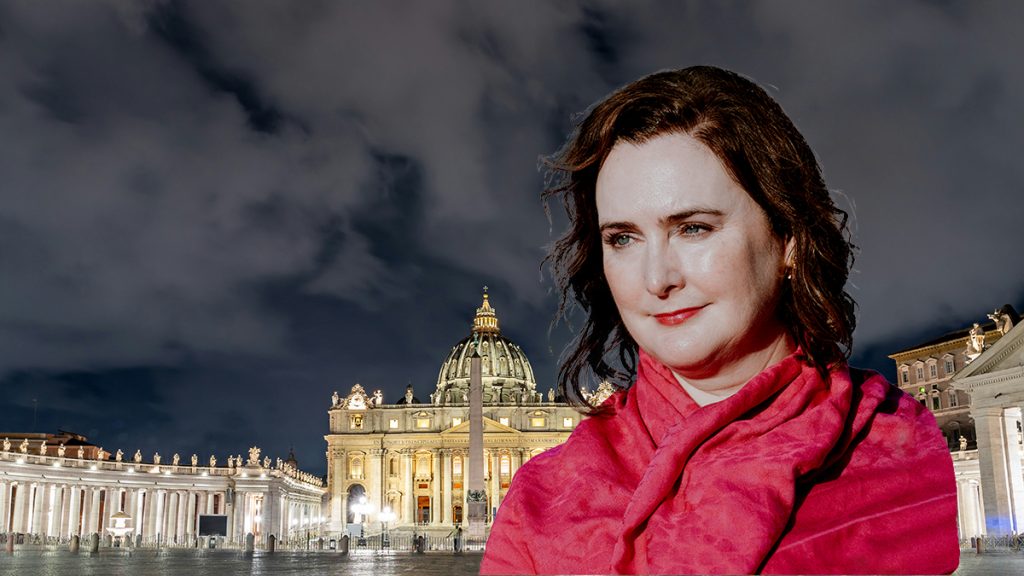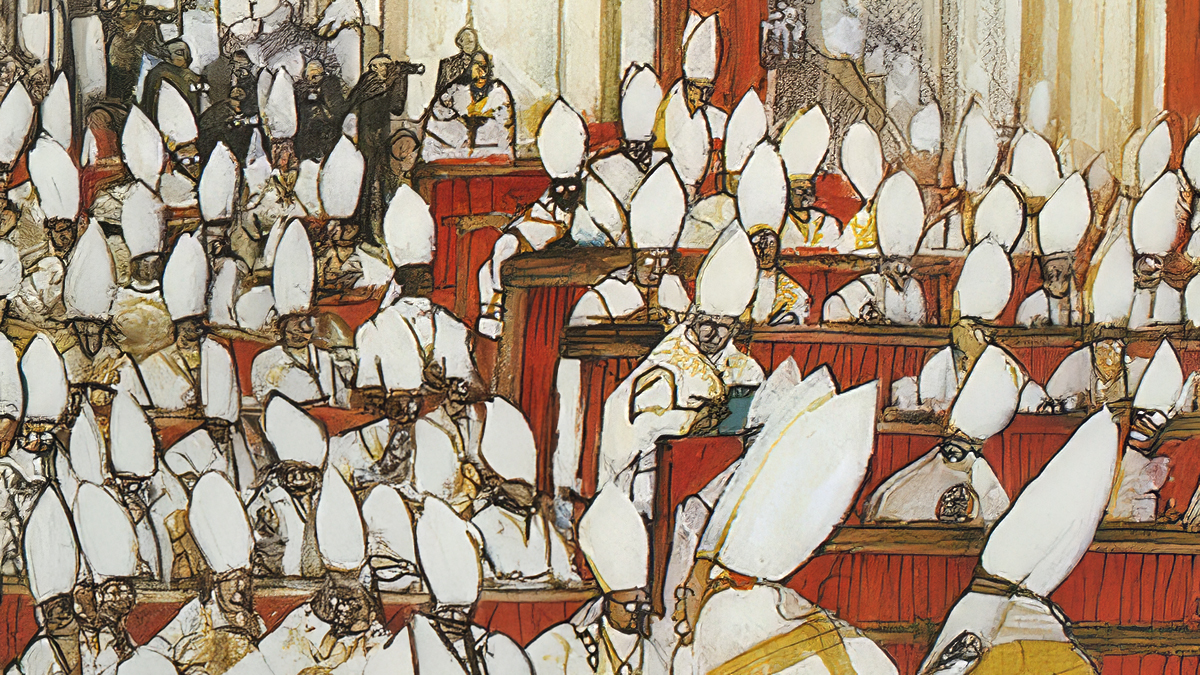The hierarchy of the Catholic Church—the clerical caste—is increasingly justifying the exclusion of women from ministry, claiming that ordination risks “clericalising women.”
This relatively new “bogeyman” is gaining strength because Catholics see through the Vatican’s bogus theology and know there is not—and never was—a valid reason to banish one half of the Church from full and equal participation.
Understanding clericalism
The word “clericalism” encapsulates the worst behaviour of a certain caste of cleric who is primarily focused on status, power and superiority with little, if any, sense of spirituality and service.
We all know priests like this—excessive clerical garb, fixated on rank and title, assuming the posture of a prince of the Church—we call them “very clerical.”
But we also know many good priests—those who do not want to be called “Father,” who discard their robes outside of formal duties and have as much contempt for clerical elitism as the average lay Catholic. We call them “not at all clerical.”
Pope Leo’s dismissal
And so, why does Pope Leo dismiss calls for women’s ordination by conjuring up fears that they will all become clericalised?
I believe this is intended to function as a dog whistle to make progressive Catholics rethink their support of women’s ordination. Clericalism is widely seen as the cardinal sin of the institutional Church by reform-minded Catholics.
Pope Leo is taking his lead from his popular predecessor Pope Francis, who repeatedly used the same refrain to instil a sense of panic at the potential of women behaving badly.
A strategy of fear
The hierarchy’s strategy of fearmongering—that women will be adding to the curse of clericalism—is a masterclass in deception and distraction.
Instead of admitting that they can no longer claim any theological justification for the ban on women priests, they are using this narrative as a smoke screen to perpetuate prejudice and fear about women in positions of authority.
It leads people to claim that women cannot possibly join the Institution until the issue of “clericalism” is fixed.
Questions to consider
But the next time someone tries to persuade you that women should not be ordained into official ministry in the Church, ask them to consider these questions:
- If clericalism is so inevitable, why is the Church still welcoming male vocations to the priesthood—surely these young men are just as “at risk” of being clericalised?
- If we accept that many male priests have a true vocation to service and spirituality and will not become clericalised, why can we not extend that benefit of the doubt to women?
- Are we to believe that women are so vulnerable to corruption that they would inevitably all become power and status obsessed and assume the worst traits of certain male colleagues?
- Is “clericalism” really the root of all problems in the Church, or is it male supremacy—radical patriarchy—that has rendered the priesthood fertile ground for corruption and crime?
A historical perspective
In the first four centuries, the notion of a “sacred” priesthood did not exist within the early Christian community when women and men enjoyed egalitarian shared ministry.
Instead, the concept evolved from Roman religious traditions where the priest was perceived as a “sacerdos”—a sacred figure. This transition laid the groundwork for clericalism, exacerbated by an elite all‑male caste of priests whose primary allegiance lies with the hierarchy rather than with the community.
The way forward
And so, surely the only cure for “clericalism” is to smash this stranglehold of the elitist clerical caste—and the only way to do so is to restore women to equal leadership in their Church.

- Miriam Duignan is the director of Development and Communications at The Wijngaards Institute for Catholic Research. Miriam studied at the University of Nottingham (MA Business) and the Jesuit School of Theology of Santa Clara University (BA Theology).

